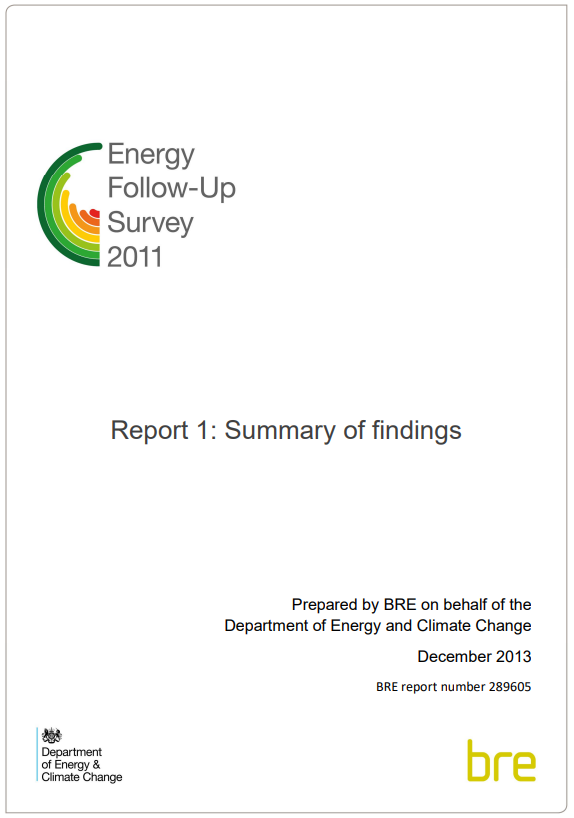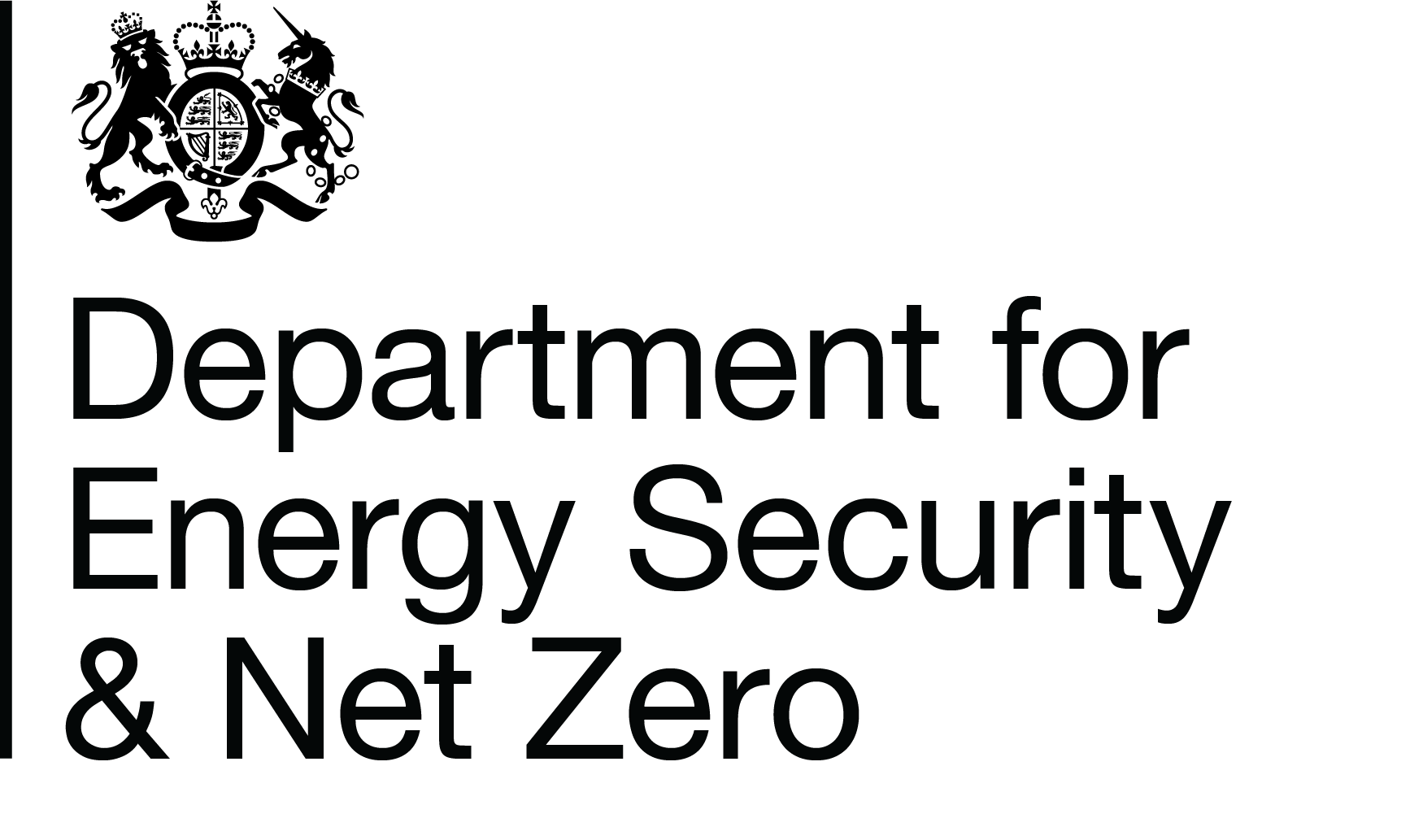The main aim of the 2011 Energy Follow-Up Survey (EFUS) was to collect new data on domestic energy use, in order to update the current modelling assumptions about how energy is used in the home, and to inform energy efficiency policy.
 The main aim of the 2011 Energy Follow-Up Survey (EFUS) was to collect new data on domestic energy use, in order to update the current modelling assumptions about how energy is used in the home, and to inform energy efficiency policy. The 2011 EFUS consisted of a follow-up interview survey of a sub-set of households first visited as part of the 2010/2011 English Housing Survey (EHS). Additionally, sub-samples of these households were selected to have temperature loggers and electricity consumption monitors installed. A further stage of the EFUS was the compilation of gas and electricity consumption data from meter readings.
The main aim of the 2011 Energy Follow-Up Survey (EFUS) was to collect new data on domestic energy use, in order to update the current modelling assumptions about how energy is used in the home, and to inform energy efficiency policy. The 2011 EFUS consisted of a follow-up interview survey of a sub-set of households first visited as part of the 2010/2011 English Housing Survey (EHS). Additionally, sub-samples of these households were selected to have temperature loggers and electricity consumption monitors installed. A further stage of the EFUS was the compilation of gas and electricity consumption data from meter readings.
This report summarises the key findings from the primary analysis of the survey data. The full results of this analysis are contained in an accompanying series of detailed reports. These reports should be considered as the beginning of the process of data analysis, and a mechanism of placing some of the most important findings into the public domain in a timely manner. The survey provides a wealth of data that is suitable for re-analysis for several years in the future. The dataset is being released publicly and it is expected that it will be a rich resource for energy efficiency research for many years to come.
The principal objectives of the analysis to date are to inform energy efficiency policy, and provide data to update the assumptions in the key energy modelling methodologies in use in the UK: the BRE Domestic Energy Model (BREDEM) and its derivative the UK Standard Assessment Procedure (SAP). BREDEM and SAP are widely used to predict the annual energy consumption in dwellings, and housing-related CO2 emissions.
End of Preview

